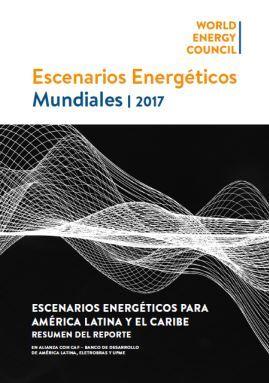| dc.contributor.author | Ghazarian, Agustín | |
| dc.contributor.author | Champetier, Coline | |
| dc.contributor.author | Quiroga, Darío | |
| dc.contributor.author | Baqueriza, Francisco | |
| dc.contributor.author | Barros, Nicolás | |
| dc.contributor.author | Souilla, Laura | |
| dc.contributor.author | Sanz, Ramón | |
| dc.contributor.author | Gomelsky, Roberto | |
| dc.contributor.author | Salinas, Edgar | |
| dc.contributor.author | Rios, Juan | |
| dc.contributor.author | Cont, Walter | |
| dc.coverage.spatial | América Latina y el Caribe | es_ES |
| dc.date.accessioned | 2024-12-09T14:27:58Z | |
| dc.date.available | 2024-12-09T14:27:58Z | |
| dc.date.issued | 2024 | |
| dc.identifier.citation | Ghazarian, A., Champetier, C., Quiroga, D., Baqueriza, F., Barros, N., Souilla, L., … Cont, W. (2024). Just Energy Transition / Scenarios for Colombia. Retrieved from https://scioteca.caf.com/handle/123456789/2352 | en_GB |
| dc.identifier.uri | https://scioteca.caf.com/handle/123456789/2352 | |
| dc.description.tableofcontents | Colombia stands out for its energy matrix, where hydropower plays a predominant role, and its refining capacity, which allows the country to meet both domestic demand and export needs. However, the significant use of fossil fuels presents a challenge on the path to sustainability. This report highlights the need to diversify energy sources by strengthening the development of clean technologies to reduce emissions and ensure equitable access to energy. The report provides a detailed analysis of the challenges and opportunities of the energy transition, presenting a comprehensive approach that addresses the technical, regulatory, and environmental aspects necessary to advance toward a sustainable and equitable model. The content is organized into four chapters, including an initial diagnosis, energy projections, transition scenarios, and a roadmap to achieve the stated objectives. Through this analysis, three energy transition scenarios are presented, evaluating possible pathways to decarbonization. The report also outlines the necessary investments in infrastructure and the priority sectors for implementing a just energy transition, considering not only technological changes but also their social and economic impacts. | es_ES |
| dc.language.iso | en | es_ES |
| dc.rights | CC-BY-NC-ND | es_ES |
| dc.rights.uri | http://creativecommons.org/licenses/by-nc-nd/4.0/ | es_ES |
| dc.subject | Ambiente | es_ES |
| dc.subject | Cambio climático | es_ES |
| dc.subject | Comercio internacional | es_ES |
| dc.subject | Energía | es_ES |
| dc.subject | Políticas públicas | es_ES |
| dc.subject | Recursos naturales | es_ES |
| dc.subject | Sector productivo | es_ES |
| dc.subject | Transformación productiva | es_ES |
| dc.title | Just Energy Transition / Scenarios for Colombia | es_ES |
| dc.type | Book | es_ES |
| caf.relation.languageVersion | 123456789/2332 | |



